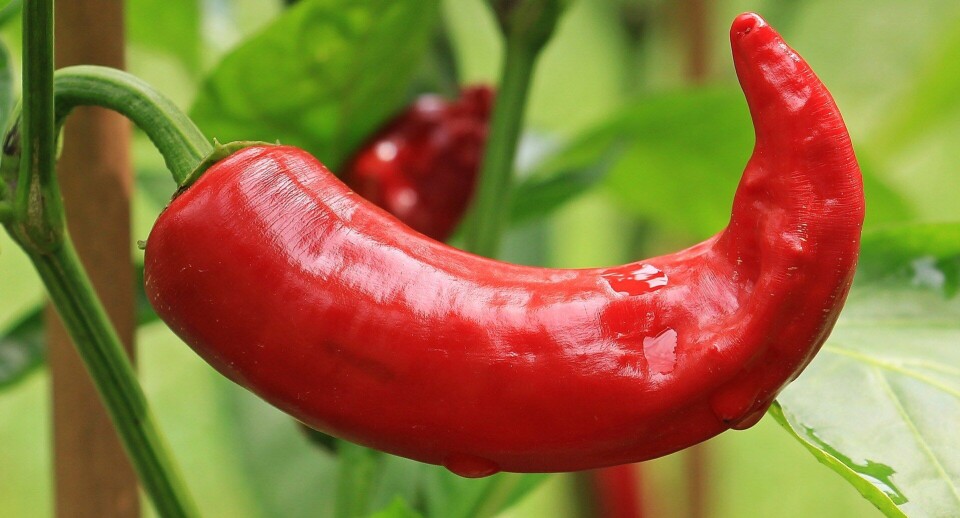
Hot stuff: chilli shown to improve growth in trout
Researchers in Italy and Turkey have shown that chilli oil affects the growth and haematological parameters of rainbow trout when it’s added to their diet.
In an experimental study, scientists from the University of Messina, Italy, and the University of Kastamonu and the Canakkale University Onsekiz Mar, both in Turkey, evaluated the effects of dietary supplementation with 0, 1, 2, 4 and 6% of chilli oil (Capsicum sp.) in rainbow trout.
Free radicals
The researchers were testing the theory that the beta-carotene and other carotenoids contained in chilli could be beneficial in eliminating the free radicals produced by the metabolic processes of the fish, and therefore act as an antioxidant.
At the end of the 60-day experiment with the different diets, the researchers observed significant differences in final weight (FW), relative growth rate (RGR), specific growth weight (SRG) and feed conversion rate (FCR), being higher for all the groups in which some percentage of the chilli oil was included, in comparison with the control group where the oil was not included. The daily feed intake (DFI) of all the trial groups was also significantly higher than that of the control group.
Regarding the blood parameters evaluated, the groups with an inclusion percentage greater than 2% showed a decrease in glucose, triglycerides and cholesterol and an increase in liver enzymes (GOT, GPT and ALP) and LDH.
The study also showed that fish fed a 1% inclusion of chilli oil in the diet had higher levels of total protein (TP) and serum albumin (ALB), and at the same time, better performance and growth than the control group.
Animal welfare
With these results, the authors stated that “the use of chilli oil at an inclusion rate of 1% in rainbow trout diets showed a positive effect on yield, growth and haematological and serum biochemical parameters”.
For this reason, they concluded that the use of chilli oil in feed “positively affects the growth performance and the utilisation rate of the food and also increases the level of animal welfare by improving fish health parameters”.
Read the study abstract here.























































